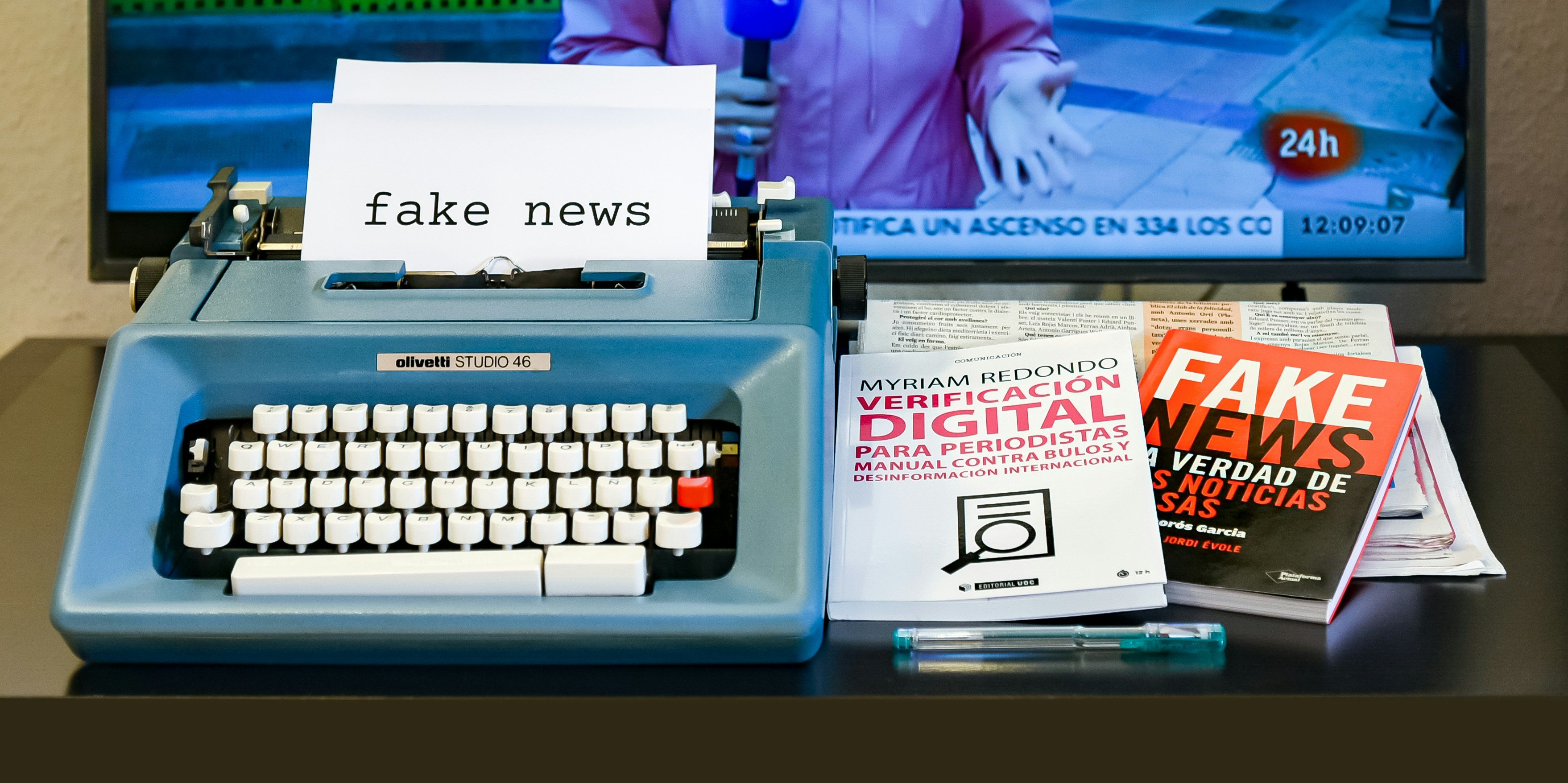The paradox of information in the age of conspiracy theories

What you need to know:
- Educating individuals on how to understand the mechanisms behind misinformation can empower them
In our modern age of unparalleled access to information, one would expect that the proliferation of knowledge would lead to a more informed and discerning public. After all, we live in an era where news travels at lightning speed and the most distant corners of the world are just a click away.
Despite these advancements, a troubling phenomenon has emerged; the rise of conspiracy theories and the prevalence of misinformation. This paradox underscores a significant challenge; while technology has made information more accessible than ever before, it has also facilitated the spread of falsehoods and absurd theories that can seem just as credible as legitimate news.
The irony is striking. In the past, acquiring knowledge often required considerable effort and expense. People travelled great distances, endured long waits, and invested significant resources to access information. This was a testament to the value placed on learning and the lengths individuals would go to gain understanding. Today, however, information is at our fingertips. We can instantly witness when an assassin’s bullet is polite enough to grease the ear of its intended victim within seconds of its happening. You can know how much the people of Raffah are suffering and know at what precise moment the elderly President stumbled. This rapid dissemination of information should theoretically lead to a more informed and enlightened society.
Yet, the opposite seems to be happening. Conspiracy theories, which once might have been dismissed as fringe ideas, are gaining traction and credibility. These theories often rely on sensationalism and pseudo-science to attract attention, and they exploit the very platforms designed to spread accurate information. The speed and reach of social media amplify these theories, allowing them to spread quickly and widely before they can be debunked. As a result, misinformation often drowns out credible voices, making it increasingly difficult for rational discourse to prevail.
This problem is compounded by the fact that those who propagate these theories are often more vocal and persistent than those who try to counter them. The individuals who fervently believe in and spread conspiracy theories can be highly influential, overshadowing more measured and evidence-based perspectives. They create echo chambers where misinformation is reinforced and legitimate facts are dismissed. This dynamic is particularly troubling because it undermines public trust in credible sources and erodes the quality of discourse.
The situation is further exacerbated by the rise of influencers and vloggers who profit from sensationalism. In the age of digital media, content creators have learned that controversy and outrage generate engagement. Many Ugandan vloggers and influencers, for instance, have built their platforms by spreading misinformation and promoting conspiracy theories.
Their business model hinges on attracting views and clicks, often at the expense of accuracy and truth. This creates a feedback loop where false information is not only disseminated but also monetised, encouraging further spread and engagement.
It is essential to recognise that this issue is not just about individual responsibility but also about the systemic factors that contribute to the spread of misinformation.
The algorithms that drive social media platforms often prioritise content that is likely to engage users, which can include sensational or controversial material. This algorithmic bias amplifies misinformation and contributes to its widespread visibility. Additionally, the sheer volume of information available online can make it challenging for individuals to discern credible sources from unreliable ones.
To address this paradox, it is crucial to promote media literacy and critical thinking skills. Educating individuals on how to evaluate sources, verify information, and understand the mechanisms behind misinformation can empower them to navigate the digital landscape more effectively. Moreover, platforms and content creators have a role to play in curbing the spread of false information. Implementing stricter policies against misinformation and promoting transparency and accountability are vital steps in mitigating this issue.
Ultimately, while technology has the potential to enhance our access to knowledge and facilitate learning, it also carries risks that need to be managed carefully. The challenge of living with information in the age of conspiracy theories is a reminder that greater access to data does not automatically equate to greater understanding. It is up to all of us; individuals, educators, and policymakers, to ensure that the information we consume and share is accurate, reliable, and constructive. Only then can we truly harness the benefits of our digital age and move towards a more informed and rational society.




